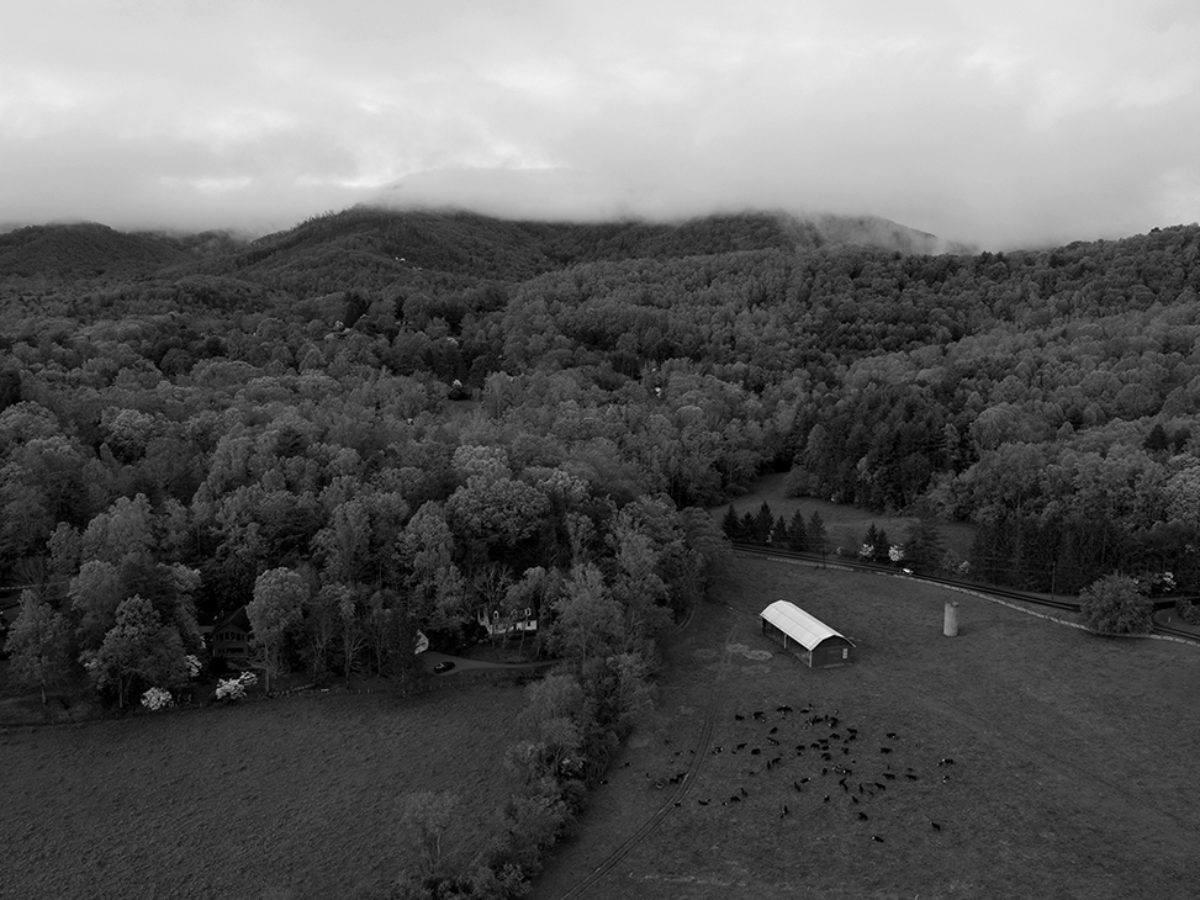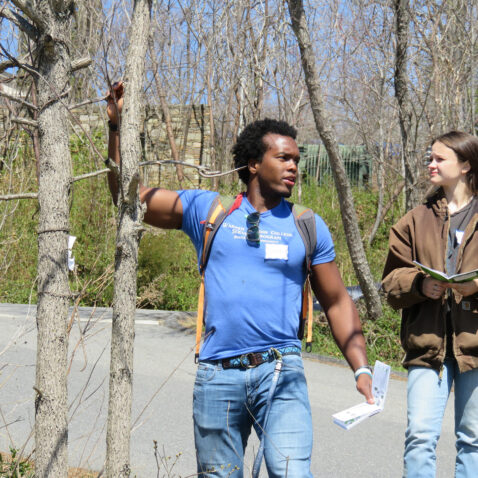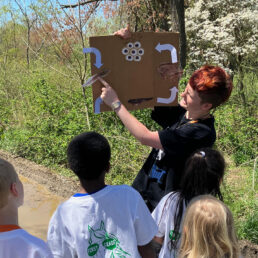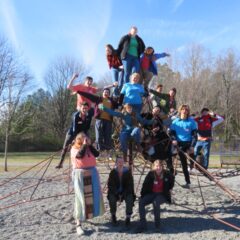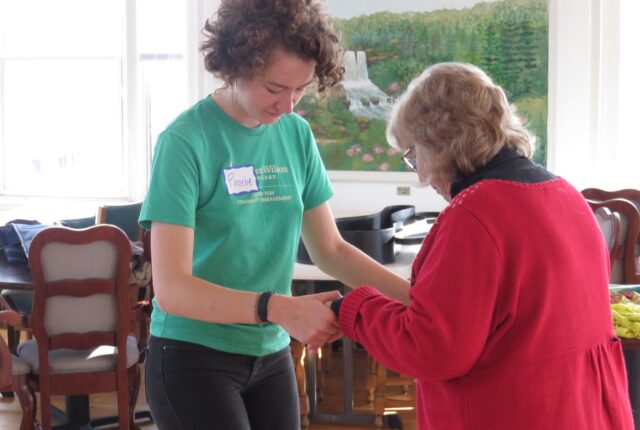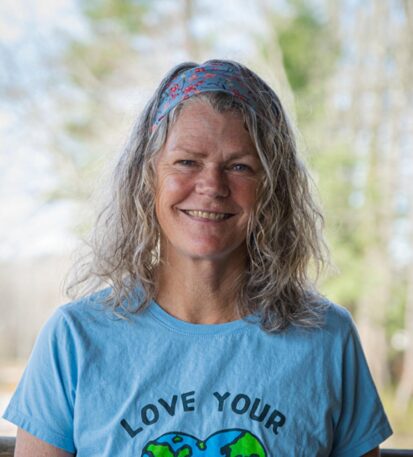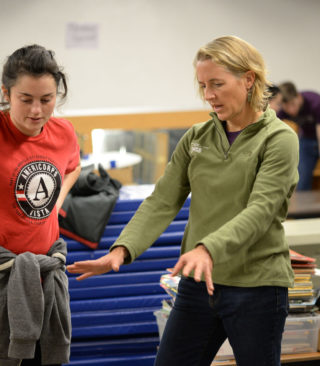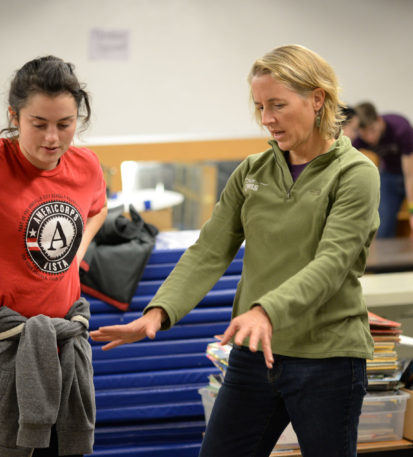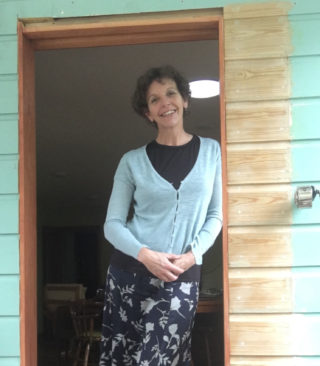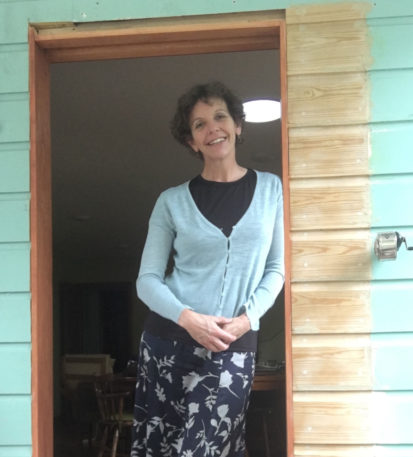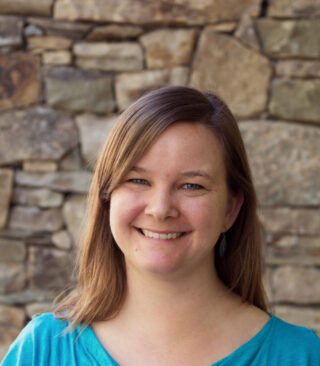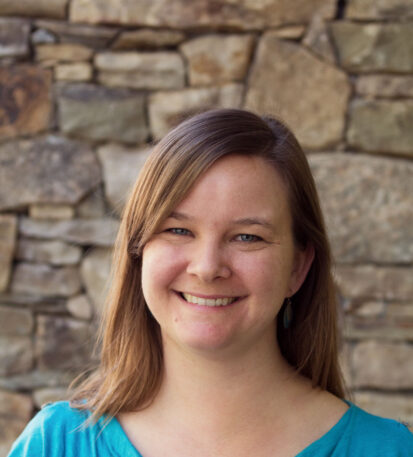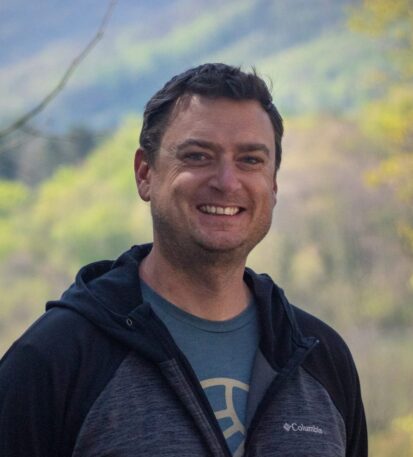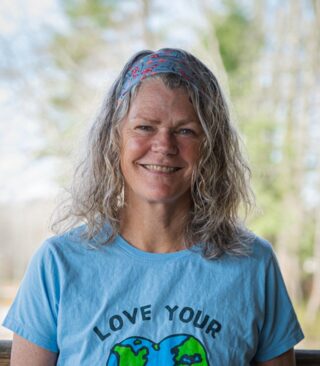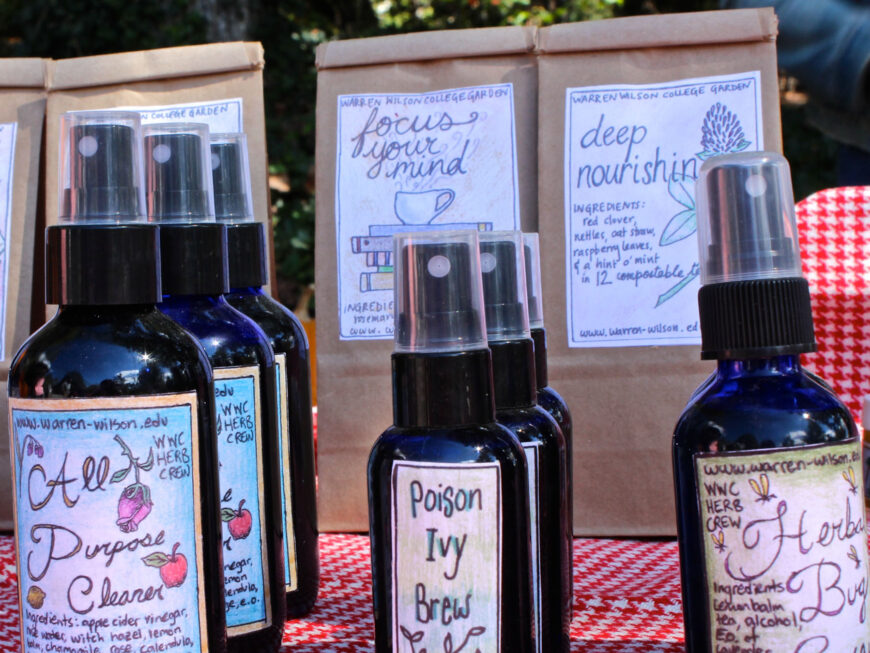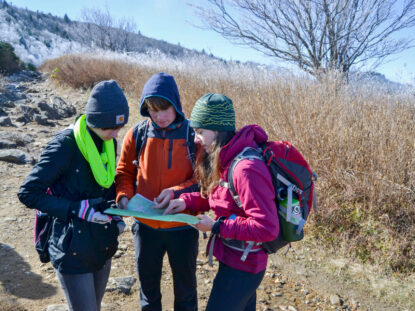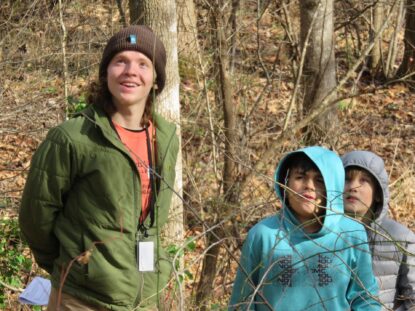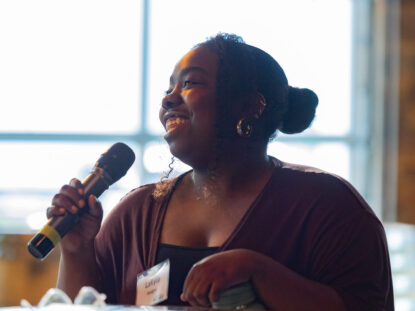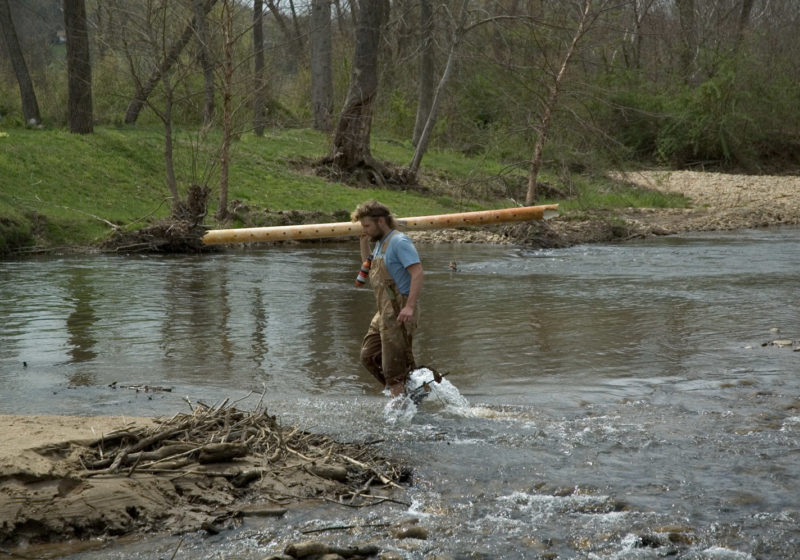CONCENTRATION in the BA ENVIRONMENTAL STUDIES MAJOR
What You’ll Study
Students use the land on campus for teaching and learning through long-term partnerships with both schools and nonprofits in the community. You’ll refine your skills gained from work crews such as garden and fiber arts to develop place-based programs like field trips for local schools that integrate guidelines developed by the North American Association of Environmental Education. Finally, you’ll gain additional real-world skills through a required internship and a capstone project.
Courses
Building on the core of the Environmental Studies major, the Environmental Education concentration focuses on teaching you how to engage and facilitate with diverse stakeholders from regional watershed groups to local schools. Course topics include educational psychology and program planning, which allows you to develop environmental education programming on themes ranging from food justice to climate action.
Internship
Put those new skills to work in your internship. Many internships partner with community organizations, where you’ll provide environmental education programs for specific audiences. You’ll also gain concrete experience that’ll serve you in just about any job, like project management, facilitation, community organizing, and environmental communications.
Example Internships
- Teaching gardening and cooking classes with elementary school students
- Facilitating workshops on wellness for senior citizens
- Designing climate justice tours for high schoolers
- Working with a green cemetery to promote sustainable burial practices
Where Will You Go from Here?
Warren Wilson environmental education graduates go on to careers educating youth and adults on environmental solutions or to graduate school programs in subjects like education, environmental advocacy, or community-based conservation.
Jobs of recent graduates include:
- Equity and education director for a land conservancy
- Garden education manager
- Middle school science teacher
- Nutrition educator for Cooperative Extension
- Community organizer for a conservation nonprofit
- Wildlife refuge specialist for U.S. Fish and Wildlife Services

